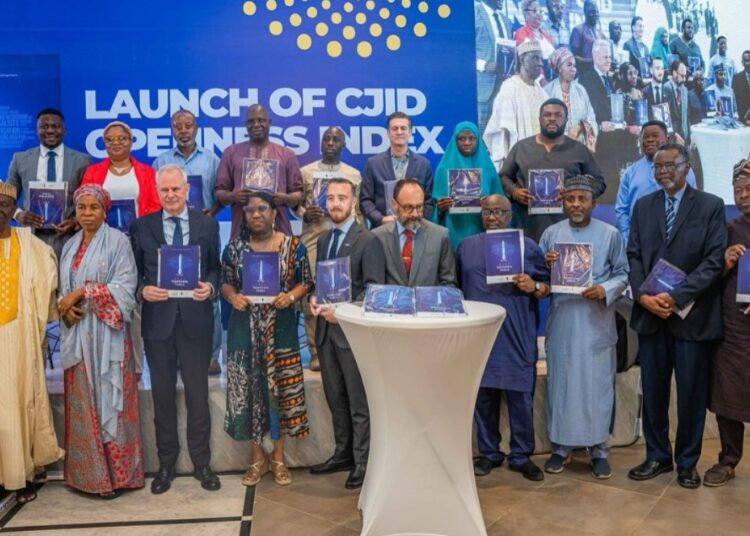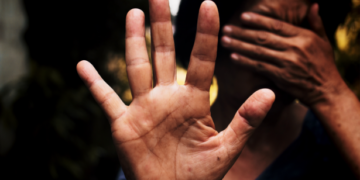The Centre for Journalism, Innovation and Development (CJID) has ranked Imo, Bauchi, and Lagos among the most hostile states for journalists in Nigeria, according to its newly released State of Press Freedom in Nigeria: 2024 Subnational Report.
The report, which forms part of the Openness Index, was released on Friday in Abuja and presented by Professor Victor Ayedun-Aluma of the University of Jos.
It ranks all 36 states and the Federal Capital Territory (FCT) based on press freedom, using metrics such as access to information, journalist harassment, government transparency, and legal protections for the media.
Imo State, in particular, was ranked 37th—last—among the 36 states and the FCT, with a dismal score of 40.70%. Bauchi followed at 35th with 42.69%, while Lagos ranked 22nd with a score of 48.93%.
The report highlighted a pattern of repression, intimidation, arrests, persecution, obstruction of journalistic work, and a lack of transparency by state actors.
Lagos State’s low ranking was attributed to frequent clashes between journalists and law enforcement agents, limited access to public information, and cases of harassment during protest and political coverage.
Following Imo at the bottom of the rankings were “Enboyi (41.90%), Bauchi (42.69%), Nasarawa (43.65%), Anambra (44.68%), Sokoto (45.22%), and Kaduna (45.72%).
Conversely, Cross River State, once notorious for high-profile cases of journalist intimidation was ranked first with a score of 70.40%, credited with improved openness and a relatively safer environment for journalists in recent years.
Cross River was followed by Ondo (63.72%), Delta (63.03%), Katsina (57.51%), Ekiti (57.09%), Gombe (56.05%).
Ayedun-Aluma stated that the findings exposed the “uneven and often hostile landscape of media freedom in Nigeria,” stressing the need for urgent action at the state level.
“While the federal government often receives the spotlight for press repression, the report reveals that the real battles for media freedom are being fought at the subnational level.
“We need better laws, more transparency, and state actors who respect the role of the press,” he said.
The CJID report places the national average for press freedom at 50.1%. It recommends that state governments enact or strengthen freedom of information laws, train law enforcement officers to respect journalists’ rights during protests and political events, and hold public officials accountable for abuses against the media.
Titled: ‘State of Press Freedom in Nigeria: 2024 Subnational Report,” the study measured indicators such as journalists’ access to information, cases of harassment and intimidation, government transparency, and legal frameworks that either support or restrict media practice.
It also recommended that states promote access to public records, ensure transparent government communication, and establish independent media ombudsman structures to handle press-related complaints.
The CJID’s report further revealed that, on average, southern states performed better in terms of press freedom than northern states, with the South-South geopolitical zone at the top.
It noted that this trend may be linked to increased civic engagement, stronger media presence, and growing digital literacy in the South. Nonetheless, the organisation warned that no state has yet achieved an ideal press freedom environment.
CJID’s Chief Executive Officer, Mr Dapo Olorunyomi noted that development devoid of liberties is unsustainable and described democracy without transparency as a hollow shell.
“The Openness Index we discuss today is more than a set of metrics. It is a mirror held up to our institutions, our governance, our civil space, and to ourselves,” he said.
Olorunyomi stressed that openness is not a luxury but a necessity. “In a time when democratic backsliding, repression, and digital authoritarianism threaten to erode hard-won freedoms, we must treat openness as a pillar of national resilience.”
He added that economic growth unmoored from openness may deliver statistics, but not stability. “Development that ignores liberties will not endure and democracy without transparency is a hollow shell.”











